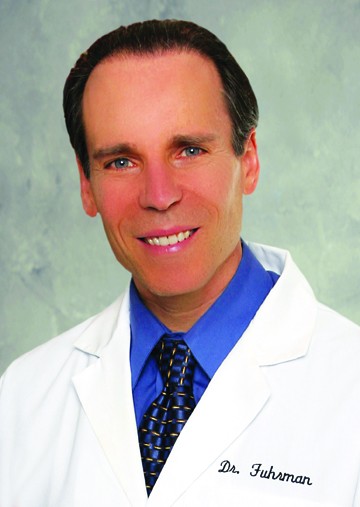Nuts and seeds for a healthy weight and a long life

Nuts and seeds are healthful, natural foods that are full of beneficial nutrients and phytochemicals. Although the myth that nuts and seeds are fattening has persisted, the research suggests that nuts are actually beneficial for weight loss. In any case, it’s not the fat content of a diet that makes it healthy, it’s the nutrient content. And based on their nutrient content, nuts are a health-promoting source of calories.
Nuts and seeds are nutritionally important. Nuts and seeds contain a spectrum of micronutrients including LDL cholesterol-lowering phytosterols; circulation-promoting arginine; minerals, including potassium, calcium, magnesium, and selenium; and antioxidants, including flavonoids, resveratrol, tocopherols (vitamin E), and carotenoids.
Eating nuts and seeds reduces the risk of cardiovascular disease. Epidemiological studies have consistently shown that nut consumption is beneficial for heart health. Eating five or more servings of nuts per week is estimated to reduce the risk of coronary heart disease by 35 percent. Eating nuts and seeds protects against sudden cardiac death and reduces cholesterol and inflammation.
Nuts and seeds aid weight loss. Someone who is trying to lose weight should not be trying to avoid nuts; in fact, in obese individuals, adding nuts to the diet aided in weight loss and also improved insulin sensitivity, which could help to prevent or reverse diabetes. Nonetheless, nuts should not be eaten to excess. Nuts and seeds are high in nutrients but also high in calories, so they should be eaten with consideration for one’s caloric needs. One to two ounces daily is usually appropriate for those trying to lose weight. Nuts and seeds of course could be eaten in larger amounts for the slim, highly physically active people who could use the extra calories.
Nut consumption may enhance lifespan. In the Adventist Health Study, a number of lifestyle factors were found to be associated with longevity. Those who had a high level of physical activity, followed a vegetarian diet, and ate nuts frequently lived on average 8 years longer than those who did not share those habits. Similarly in the Nurses’ Health Study, nut consumption was identified as a dietary factor associated with reduced risk of death from cardiovascular disease and cancers. New research continues to confirm these observations.
Each nut and seed has a unique nutritional profile that lends unique health benefits. Almonds are rich in antioxidants. In one study, people ate either almonds or a snack with a similar fat profile each day for 4 weeks, and the subjects who ate almonds showed reduced oxidative stress markers.
Diabetics who ate walnuts daily for 8 weeks experienced an enhanced ability of the blood vessels to dilate, indicating better blood pressure regulation. There is also evidence that walnuts may protect against breast cancer.
Pistachios and Mediterranean pine nuts have the highest plant sterol content of all the nuts; plant sterols are structurally similar to cholesterol, and help to lower cholesterol levels. Pistachios reduce inflammation and oxidative stress as well as cholesterol.
Mediterranean pine nuts contain a specific type of fatty acid that has been shown to curb appetite by increasing hormones that produce satiety signals.
Flax, hemp, and chia seeds are extremely rich sources of omega-3 fatty acids, and hemp seeds are especially high in protein, making them a helpful food for athletes. Pumpkin seeds are rich in iron, calcium, zinc and phytochemicals.
Sesame seeds have the greatest amount of calcium of any food in the world, and provide abundant amounts of vitamin E and contain a lignan called sesamin; lignan-rich foods may protect against breast cancer.
Nuts and seeds should be eaten raw or only lightly toasted. Roasting nuts and seeds forms a potentially harmful compound called acrylamide.
Also remember that eating nuts and seeds with leafy greens can enhance the body’s absorption of fat-soluble nutrients from the greens, so a nut-based salad dressing is an excellent way to absorb more nutrients from your salads.
Dr. Fuhrman is a #1 New York Times best-selling author and a board certified family physician specializing in lifestyle and nutritional medicine. The Eat To Live Cookbook offers over 200 unique disease-fighting delicious recipes and his newest book is Fast Food Genocide (a must-read for all Americans). Visit his informative website at DrFuhrman.com. Submit your questions and comments about this column directly to [email protected]



